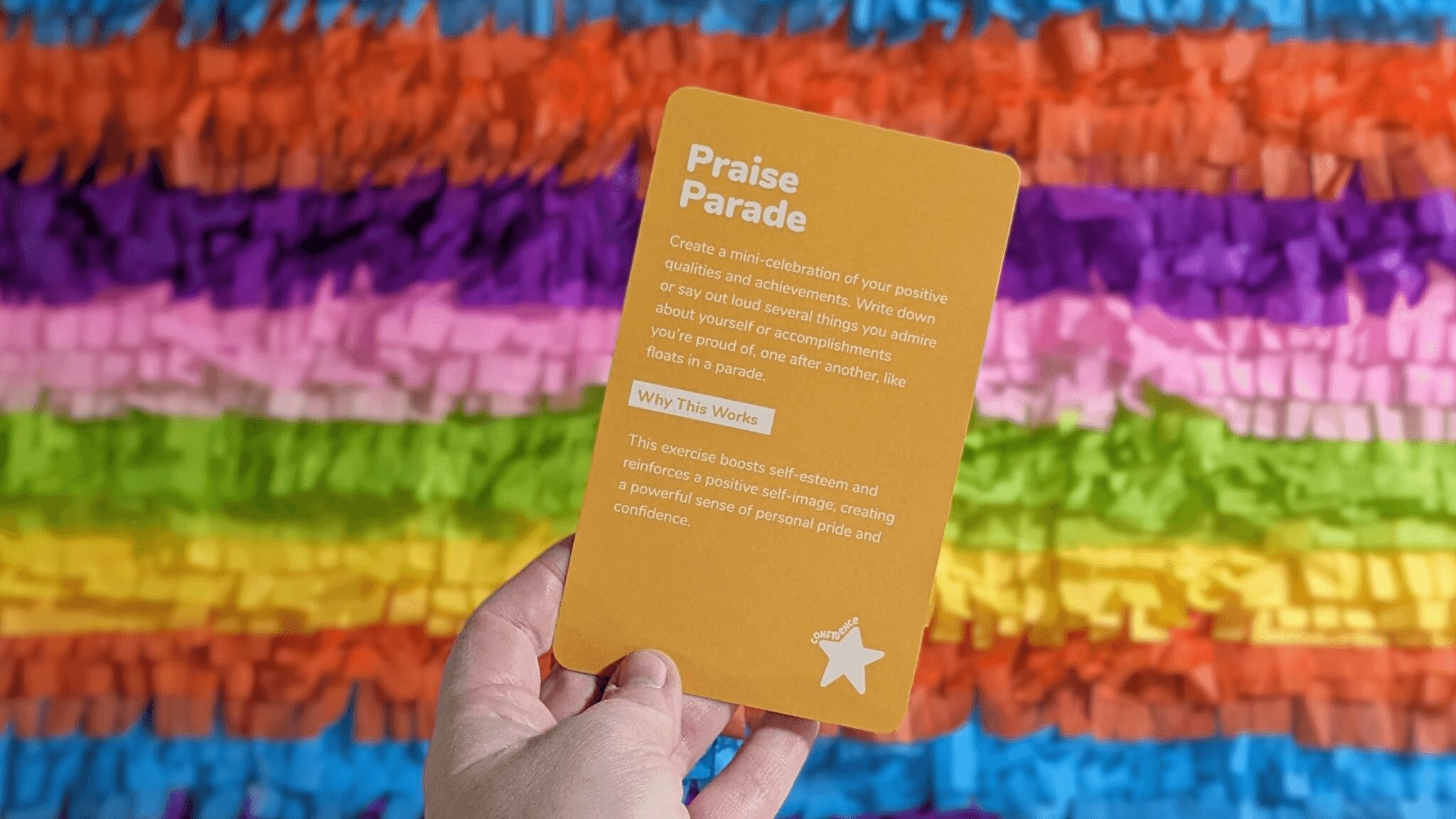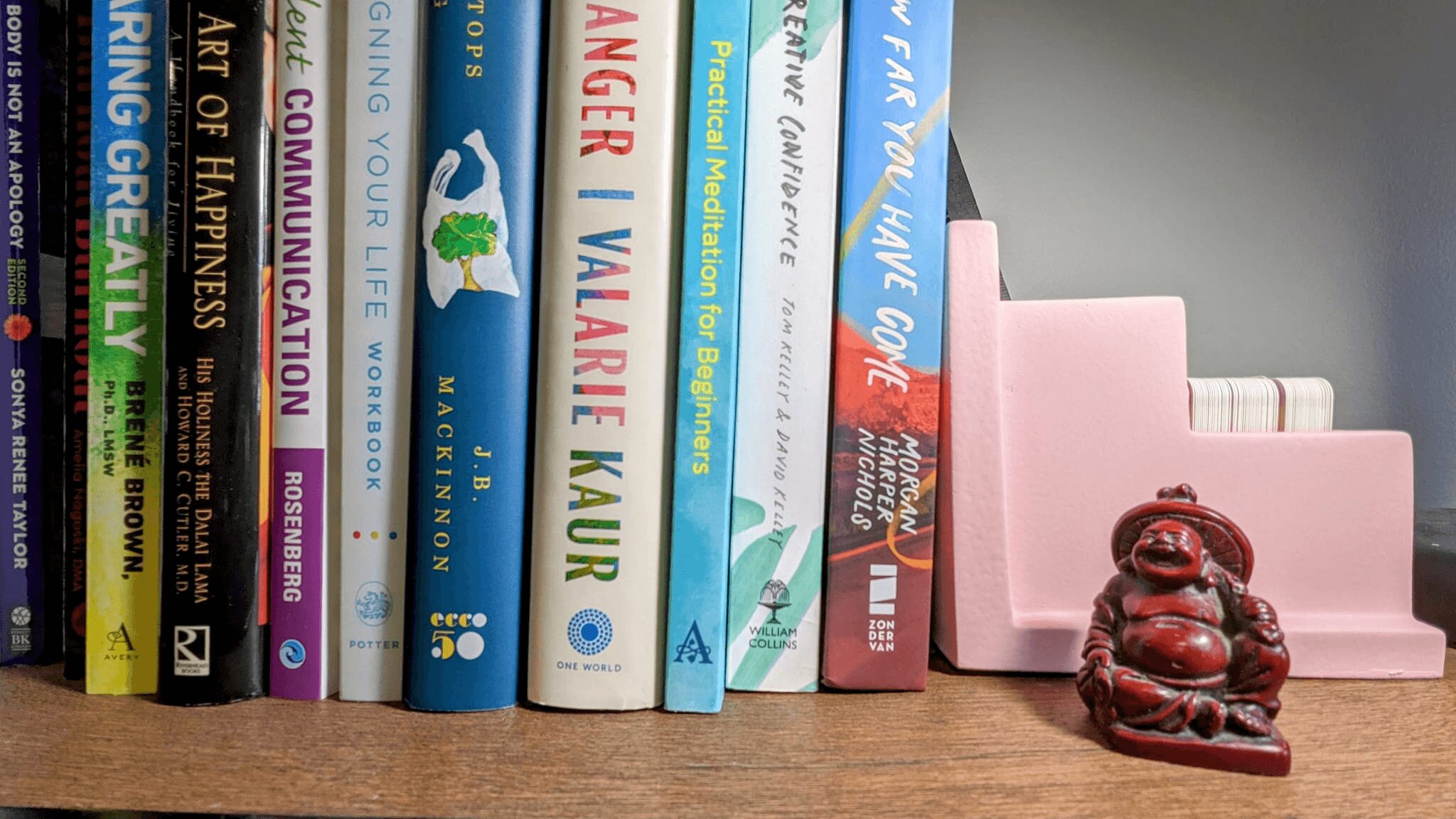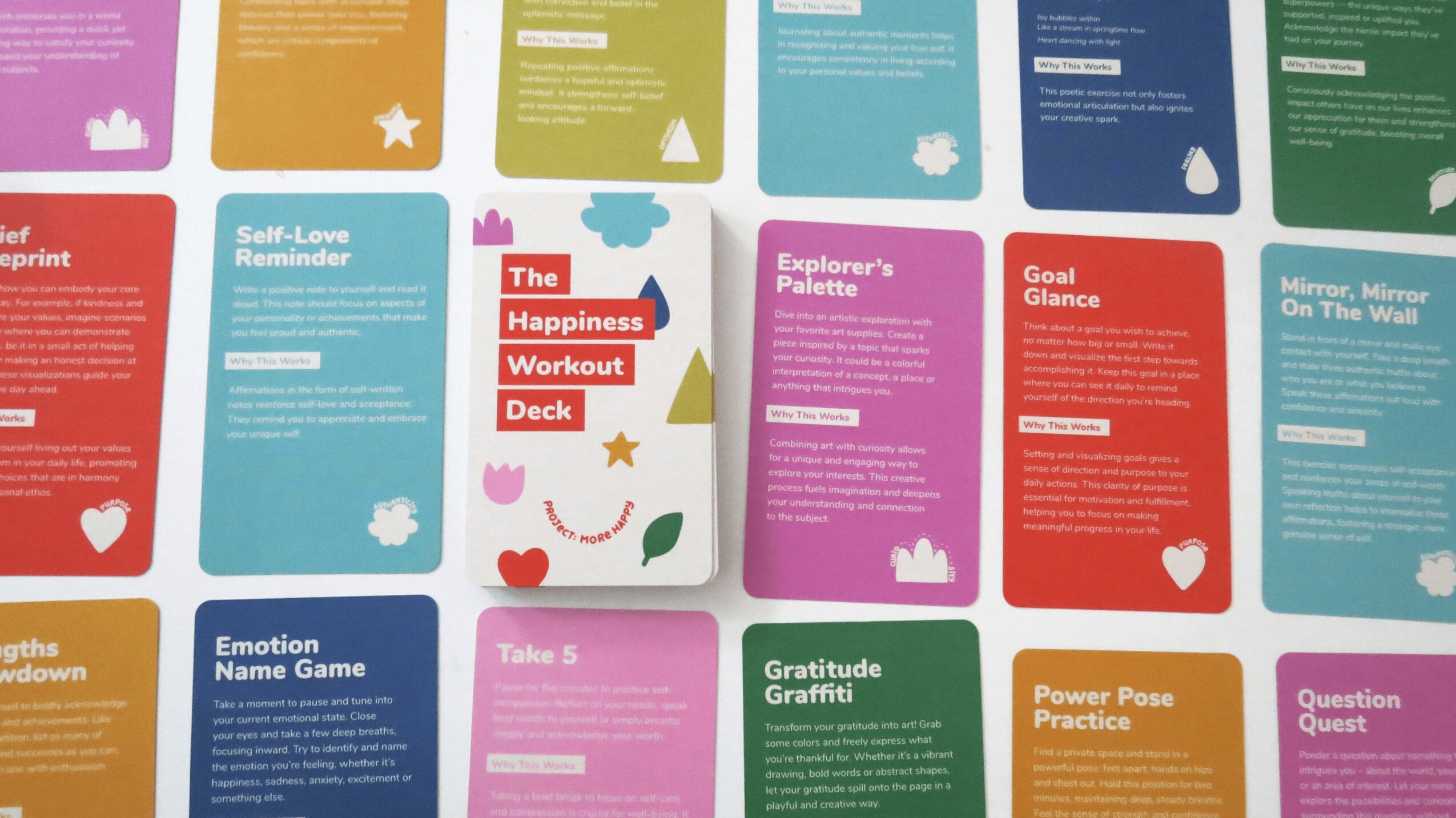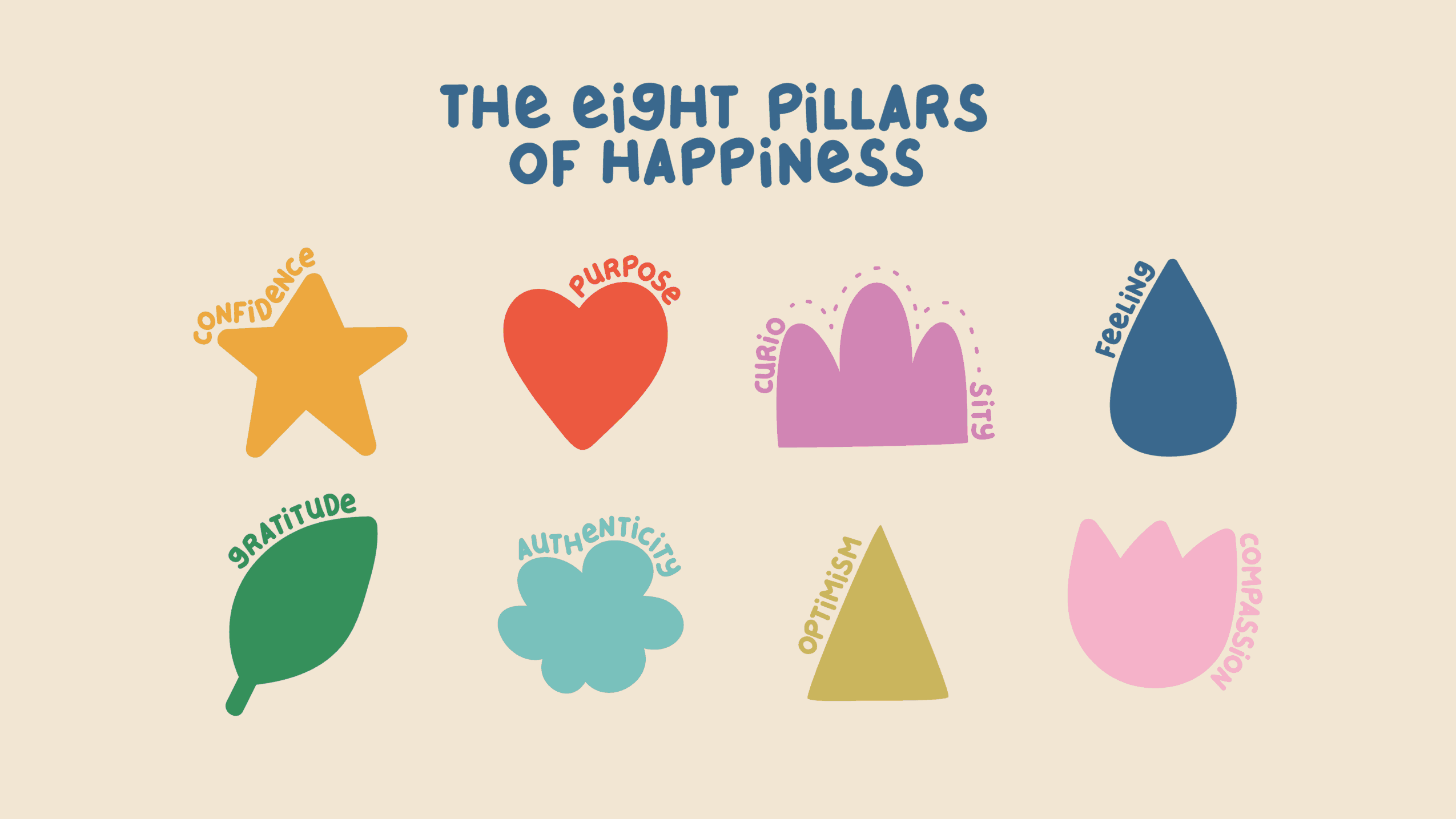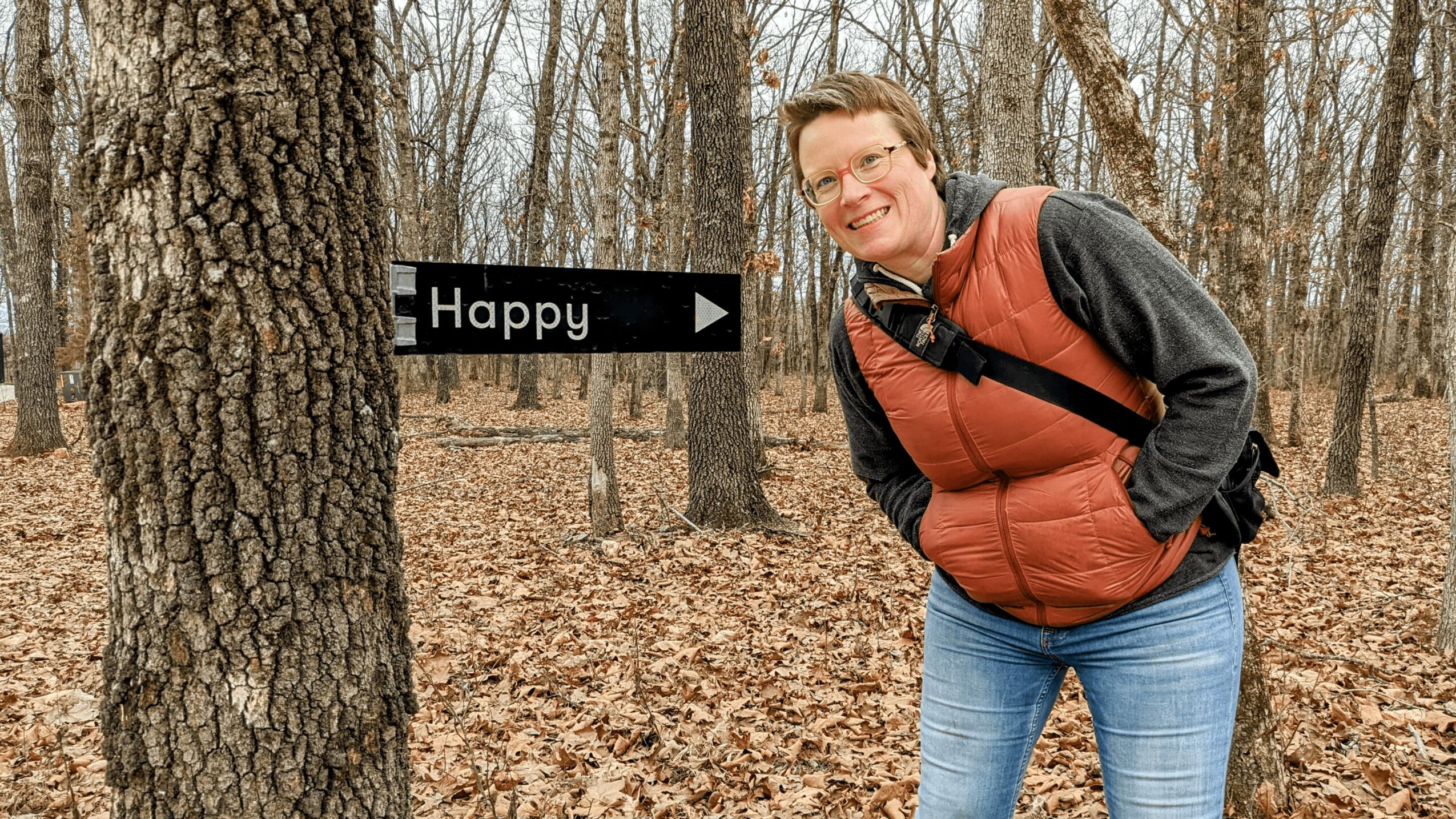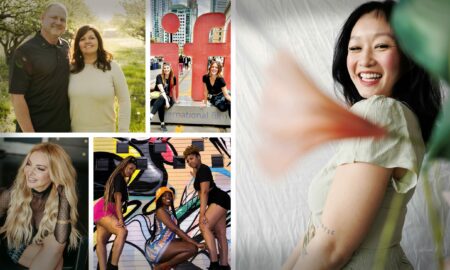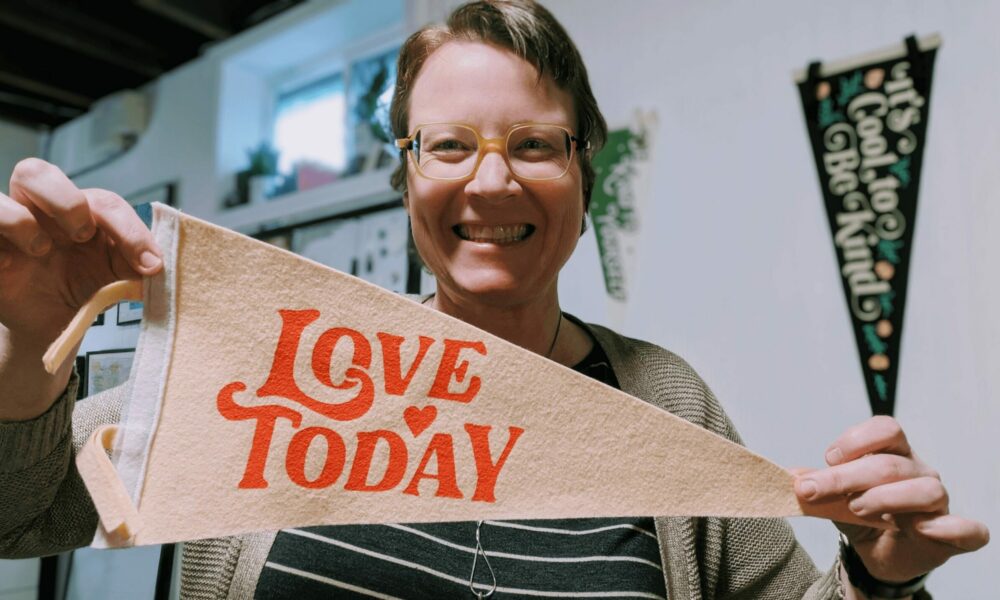

Today we’d like to introduce you to Jessica Lyonford
Hi Jessica, thanks for joining us today. We’d love for you to start by introducing yourself.
I started my career in advertising, quickly working my way up to become a creative director and strategist. On the surface, it seemed like I had it all—success, recognition and a great career. But underneath, I was struggling with burnout and a deep sense of misalignment. The consumerism-driven industry just didn’t align with my values and I found myself questioning the path I was on.
That misalignment and the toll it took on my mental health sent me on a journey to understand what happiness really is. I began diving into the science of happiness, studying everything from Positive Psychology to Cognitive Neuroscience to Sociology. What I discovered was life-changing—not just for me, but for anyone seeking a more fulfilling life.
This led me to start Project More Happy in May 2018, where my mission is to make the science of happiness and human flourishing accessible to everyone. Today, I get to wake up every day and share these insights with others, helping people and organizations design lives and systems that support true happiness.
Can you talk to us a bit about the challenges and lessons you’ve learned along the way. Looking back would you say it’s been easy or smooth in retrospect?
One of the toughest challenges has been defining what a Happiness Consultant really is, both for myself and for others.
As a society, we’ve been taught to believe that happiness comes from things like job titles, relationships and external achievements. But the truth is, it’s the other way around. The science shows that happiness isn’t a byproduct of success but rather the foundation that leads to it. This holds true for both individual people and whole organizations.
For example, research shows that companies prioritizing employee well-being and happiness have outperformed the S&P 500, NASDAQ and Dow Jones by 20% since 2021. That’s not just a small bump—that’s a game-changer. And it’s something every business leader should be paying attention to.
Changing the narrative around happiness, especially now that we have the data to back it up, is critical to my success. When I get to have those conversations—when people see the research and understand the profound impact it can have on their lives and work—it’s like a lightbulb goes off. It’s so powerful.
As a Happiness Consultant, my work is about helping people and organizations design systems, processes and environments that enable happiness and human flourishing. Shifting the way we think about happiness lays the groundwork for understanding the importance of what I do and how I can help others flourish.
We’ve been impressed with Project More Happy, but for folks who might not be as familiar, what can you share with them about what you do and what sets you apart from others?
Project More Happy was born from a deep desire to make the science of happiness and human flourishing accessible to all. We specialize in translating complex research into actionable strategies that individuals, businesses and communities can use to design lives and systems that foster genuine well-being.
What sets us apart is our framework of The Eight Pillars of Happiness. These are the eight skills needed for happiness and human flourishing. They are confidence, authenticity, optimism, compassion, purpose, gratitude, feeling and curiosity.
These pillars are backed by science and serve as the foundation of everything we do. Whether it’s through personalized coaching, engaging workshops or our proprietary Happiness Audit, we’re committed to helping people integrate these pillars into their daily lives and organizational cultures.
I’m most proud of the impact we’ve made by changing the conversation around happiness. We’re not just talking about surface-level positivity—we’re digging deep into what it means to truly flourish as individuals and as a society. We’re leading a movement to design a world that’s more just, more sustainable and more firmly rooted in our shared humanity.
Everything we offer serves a common purpose: to empower people and organizations to thrive. From one-on-one coaching sessions that help individuals tap into their potential, to business consulting that integrates happiness into the workplace, to our Project More Happy Podcast that amplifies voices of hope and possibility—we’re here to support those who are ready to embrace the power of happiness in their lives and work.
What I want readers to know is that Project More Happy is more than a business. It’s a mission. We believe that by weaving the science of happiness into the fabric of our society, we can create a world where happiness and success go hand in hand. And that’s something worth striving for.
Can you tell us more about what you were like growing up?
Growing up, I was always the creative type—constantly drawing, writing and singing. Art was my outlet in a world where I often felt like I didn’t quite fit in. On the outside, I might have seemed successful—good grades, an active social life—but the truth was, I lacked confidence. I had almost none. So I tried to be a wallflower, contorting myself to fit whatever label I thought people wanted me to wear.
But when it came to art, that was where I truly expressed myself. Poetry became my refuge, a way to pour out all the emotions I couldn’t articulate in any other way. My creativity was the one place where I didn’t feel the need to hide or conform—it was just me, in my truest form.
After high school, I dropped the art piece, choosing to focus on a career that seemed like a creative’s place in capitalism. But losing that outlet showed. I struggled with anxiety and depression, numbing my feelings and misalignment with food and alcohol. I was miserable trying to exist without art.
When I finally made the career shift away from advertising, I allowed myself to step back into that creative space and do art for the sake of self-expression again. It’s now a priority because I know I need it for my mental health. Writing has become a way for me to practice the happiness pillar of authenticity—something I realize now that I can’t live without.
Contact Info:
- Website: https://www.projectmorehappy.com
- Instagram: https://www.instagram.com/themorehappycoach
- Facebook: https://www.facebook.com/projectmorehapp
- Youtube: https://www.youtube.com/@projectmorehappy351
- Other: https://podcasters.spotify.com/pod/show/projectmorehappy
